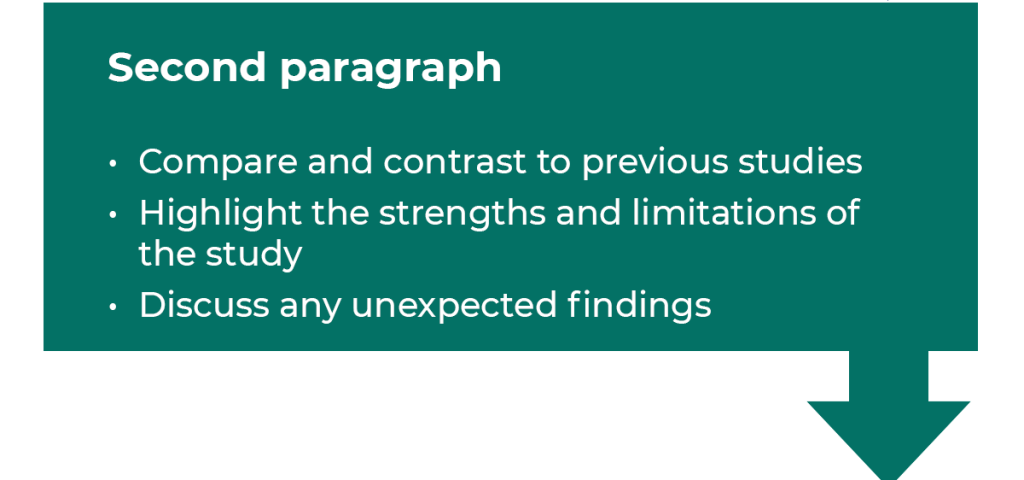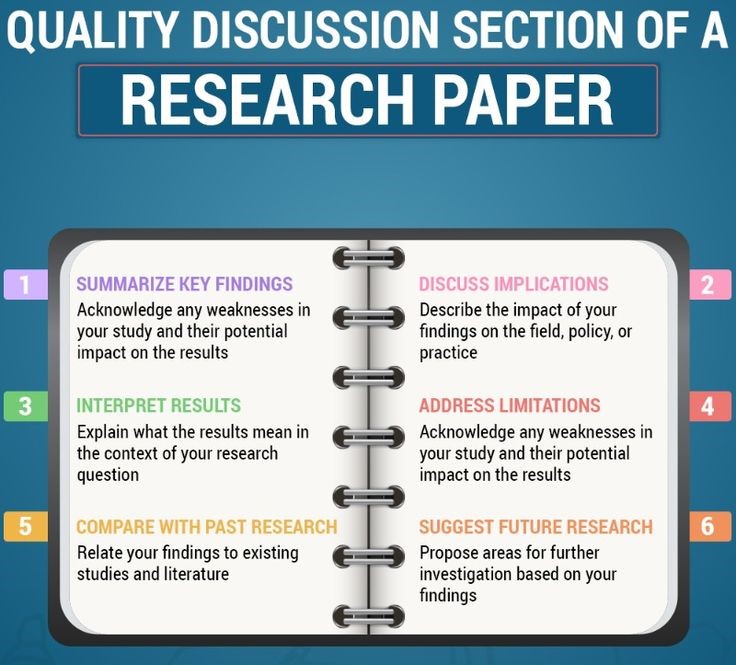
Table of Contents
The nursing research paper discussion section is more than just a rehash of findings. It’s the stage where you breathe life into your data, interpret its significance, and connect it to the broader nursing landscape. A well-crafted nursing research paper discussion should engage readers, ignite their curiosity, and leave them with a lingering sense of understanding and insight. But how do you achieve this captivating effect?
This article delves into the intricacies of crafting a compelling nursing research paper discussion, providing practical tips to elevate your writing and ensure your findings resonate.
Tips for Crafting an Engaging Nursing Research Paper Discussion
1. Start with a Strong Hook: The Art of the Opening Paragraph
The opening paragraph of the nursing research paper’s discussion section is your first opportunity to capture the reader’s attention. Instead of merely restating your findings, consider starting with a powerful statement that summarizes the study’s key contribution or a thought-provoking question that compels readers to delve further.
For example, instead of:
“This study investigated the impact of music therapy on anxiety levels in hospitalized patients.”
You could write:
“The soothing power of music has long been recognized, but its potential to alleviate anxiety in hospitalized patients remains underexplored. This study aimed to bridge this gap by examining the impact of music therapy on anxiety levels in a sample of hospitalized individuals.”
This alternative opening immediately piques the reader’s interest by highlighting the study’s novelty and its potential implications for clinical practice.

2. Bridge the Gap: Connecting Findings to the Research Question
The core of your nursing research paper discussion lies in interpreting your findings in the context of your research question. This section should be a seamless narrative that bridges the gap between your data and its meaning. Avoid simply listing findings; instead, analyze each result in relation to your hypotheses and the broader research field.
For example:
“Our findings demonstrated a statistically significant decrease in anxiety levels among patients who received music therapy compared to those who received standard care. This supports our hypothesis that music therapy can effectively reduce anxiety in hospitalized patients. The observed effect is consistent with previous research suggesting that music has a positive influence on mood regulation and stress reduction.”
This passage effectively connects the findings to the research question, highlighting the study’s contribution to existing knowledge.
3. Embrace the Power of Comparison: Contextualizing Your Findings
A strong nursing research paper discussion doesn’t exist in a vacuum. It thrives on comparisons. Compare your findings to existing literature, highlighting both similarities and discrepancies. This approach adds depth to your analysis and strengthens the study’s contribution to the body of knowledge. Look through the databases of academic platforms such as Nursing Papers for research papers and other scholarly articles to assist with making the comparisons.
For example:
“While our findings align with previous research demonstrating the effectiveness of music therapy in reducing anxiety, the observed effect size was slightly larger in our study. This difference might be attributed to the inclusion of a specific music selection tailored to the individual preferences of participants.”
This example demonstrates how comparisons enhance the discussion by providing further insights and potential explanations for the findings.

4. Unravel the Limitations: Transparency Builds Trust
No research study is perfect. Embrace your study’s limitations and acknowledge their potential impact on the findings. This approach reflects scientific rigor and transparency, enhancing the credibility of your nursing research paper discussion.
For example:
“This study is limited by its small sample size and the inclusion of participants from a single hospital. Future research with larger and more diverse populations is needed to confirm the generalizability of these findings.”
By acknowledging limitations, you demonstrate a critical understanding of your study’s context and invite readers to engage with your findings in a nuanced way.
5. Look Ahead: The Importance of Future Directions
A compelling nursing research paper discussion doesn’t end with the interpretation of findings. It opens doors to future research by outlining potential avenues for investigation. This forward-looking approach not only contributes to the advancement of knowledge but also demonstrates your engagement with the broader field.
For example:
“Future research could investigate the long-term effects of music therapy on anxiety levels in hospitalized patients. Additionally, examining the impact of different musical genres and delivery methods on anxiety reduction would be valuable.”
This example provides specific and actionable suggestions for future research, demonstrating your understanding of the field’s needs and your commitment to its advancement.
6. Embrace the Narrative: Crafting a Flowing Discussion
The nursing research paper discussion should be a cohesive narrative, not a fragmented collection of observations. Use clear transitions to connect paragraphs and ideas, ensuring a logical flow from one point to the next.
7. The Power of Visuals: Enhancing Clarity with Figures and Tables
Visual aids, such as figures and tables, play a critical role in supporting your nursing research paper discussion. Use them strategically to present complex data in a readily understandable manner and highlight key findings. Ensure that visual aids are carefully labeled and integrated into the narrative.
8. The Art of Synthesis: Weaving Findings into the Broader Picture
Your nursing research paper discussion should ultimately contribute to the understanding of the broader field. Synthesize your findings, placing them within the context of existing knowledge and highlighting their potential impact on clinical practice, policy, and future research.
9. Revisit the Research Question: A Circular Path
By the end of your nursing research paper discussion, you should revisit your original research question. Reiterate the study’s key findings and their implications, providing a clear answer to the question that guided your research.
10. Conclude with a Powerful Statement: Leaving a Lasting Impression
The concluding paragraph of your nursing research paper discussion should summarize the study’s contributions and leave a lasting impression on the reader. Consider ending with a thought-provoking statement that reflects the broader implications of your research, or a call to action that encourages further exploration of the topic.

11. Crafting a Title that Captures Attention: A Hook for Your Nursing Research Paper Discussion
The title of your nursing research paper discussion should be concise, informative, and engaging. It should accurately reflect the study’s focus and pique the reader’s interest, drawing them into the world of your research.
12. Writing in the Active Voice: Ensuring Clarity and Impact
The active voice enhances the clarity and impact of your nursing research paper discussion. Instead of using passive constructions, use verbs that clearly identify the subject performing the action. This approach strengthens the narrative and makes your writing more engaging.
13. Eliminating Jargon: Making Your Nursing Research Paper Discussion Accessible
While some technical language is inevitable in a nursing research paper discussion, avoid using overly specialized jargon that might alienate readers. Define unfamiliar terms and strive for clear and concise language that is accessible to a broad audience.
14. Proofreading for Clarity and Flow: The Final Touch
Proofreading is an essential step in crafting a compelling nursing research paper discussion. Read your work aloud to identify awkward phrasing or grammatical errors that can disrupt the flow of your narrative. Ensure that your writing is clear, concise, and grammatically correct.
15. Feedback Matters: Seeking Input from Experts
Seek feedback from trusted colleagues or mentors on your nursing research paper discussion. Their perspectives can help identify areas for improvement and ensure that your writing is clear, compelling, and impactful.
16. The Power of Stories: Using Case Studies to Illustrate Findings
Case studies can add a human element to your nursing research paper discussion. By presenting real-life examples, you can bring your findings to life and illustrate their relevance to practice.

17. The Role of Theory: Framing Your Findings
Theoretical frameworks can provide a lens through which to interpret your findings. By linking your research to established theories, you add depth and complexity to your nursing research paper discussion, demonstrating a sophisticated understanding of the field.
18. Engage with the Reader: Asking Questions and Inviting Dialogue
A compelling nursing research paper discussion encourages interaction with the reader. Pose thought-provoking questions that invite reflection and stimulate further discussion. This approach demonstrates your engagement with the topic and invites others to engage in a dialogue.
19. The Importance of Ethical Considerations: Addressing the Human Dimension
Ethical considerations are paramount in nursing research. Your nursing research paper discussion should address any ethical implications of your study, including participant privacy, informed consent, and the potential for harm.
20. The Value of Reflexivity: Acknowledging Your Positionality
Reflexivity involves acknowledging your own biases and assumptions as a researcher. Reflecting on your positionality within the research context enhances the trustworthiness of your findings and invites readers to engage with your analysis in a critical manner.
Common Pitfalls to Avoid in the Discussion Section of a Nursing Research Paper
The discussion section of a nursing research paper is where you interpret your findings, connect them to existing literature, and contribute to the body of knowledge in nursing. However, it can be a tricky section to navigate effectively. Here are some common pitfalls to avoid:
1. Overstating the Findings:
It’s tempting to be overly enthusiastic about your results, but it’s crucial to remain objective and avoid drawing conclusions that are not supported by the data. Remember, the nursing research paper discussion should be a balanced analysis, not a promotional campaign.
2. Ignoring Limitations:
Every study has limitations, and it’s important to acknowledge them. Ignoring limitations weakens the credibility of your nursing research paper discussion. By transparently addressing them, you demonstrate a thoughtful approach to your research and enhance the validity of your conclusions.
3. Rehashing the Results:
The research paper discussion is not simply a restatement of your results. It’s an opportunity to analyze them in a deeper context. Focus on the implications and significance of your findings, rather than simply describing them again.
4. Lack of Focus:
A clear and concise discussion is crucial for a compelling nursing research paper discussion. Avoid rambling or introducing unrelated topics. Maintain a focused discussion that directly addresses the research question and contributes to the existing body of knowledge in nursing.
5. Ignoring Existing Literature:
Your nursing research paper discussion should be grounded in the existing body of literature. Integrate your findings with previous research, identify gaps in knowledge, and discuss how your study contributes to the field. This strengthens the impact of your research and demonstrates its relevance to nursing practice.
6. Lack of Coherence:
The discussion section should flow logically and seamlessly. Ensure that your arguments are well-structured, and your ideas connect to each other. A clear and coherent research paper discussion makes your findings more accessible and persuasive.
By avoiding these common pitfalls, you can craft a compelling and impactful discussion section for your nursing research paper. A well-written discussion contributes significantly to the overall quality and value of your research.

Elevating Your Nursing Research Paper
Crafting a compelling nursing research paper discussion is an art form that involves careful analysis, creative storytelling, and a deep understanding of the field. By following the tips outlined above, you can elevate your writing and ensure that your research findings resonate with readers, leaving a lasting impact on the nursing community. Remember, a strong nursing research paper discussion is not just about presenting data; it’s about weaving a narrative that ignites curiosity, challenges assumptions, and ultimately contributes to the advancement of nursing knowledge.
Get Professional Nursing Research Paper Writing Help
At Nursing Papers, we offer professional research paper writing assistance for undergraduate, Degree, Master’s and Doctoral nursing courses. Our experienced writers are available to help you with writing all the sections of your research paper from the introduction to conclusion. We can also assist you with crafting original and compelling nursing essays, case studies and dissertations.







